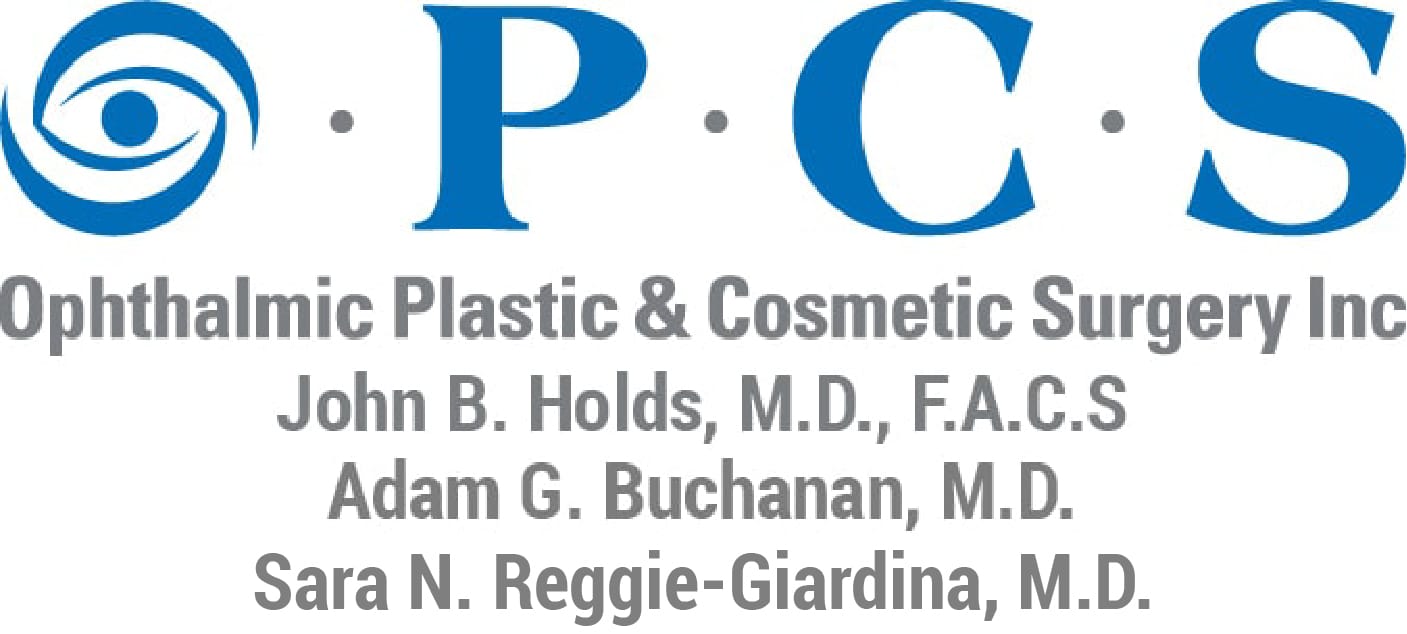Thyroid Eye Disease: Understanding the Symptoms, Causes, and Treatment
- Posted on: Feb 28 2023

This autoimmune disorder can cause many symptoms, from dry and double vision to eye pain and blindness. If you are experiencing any of these symptoms, it’s important to seek the help of an ophthalmologist.
Understanding the causes, symptoms, and treatment of thyroid eye disease is essential for the best outcome.
What is Thyroid Eye Disease?
TED is an autoimmune disorder in which the muscles and fatty tissues behind the eye become inflamed. This can cause the eyes to become swollen and bulge forward, known as exophthalmos, which can cause vision problems.
The condition can also cause inflammation of the eyelids and the eye sockets, affecting the extraocular muscles, which control eye movement. TED can occur in patients with Graves’ disease, an autoimmune condition leading to hyperthyroidism or overactive thyroid.
Symptoms of Thyroid Eye Disease
Symptoms of TED can range from mild to severe, depending on the stage of the disease. Common symptoms include:
- Eyelid retraction or eyelid lag: eyelids may not close fully or appear “staring.”
- Double vision.
- Light sensitivity.
- Eye pain.
- Blurred vision.
- Dry eyes.
- Inflammation and redness of the eye.
- Difficulty moving the eye.
Treatment for Thyroid Eye Disease
Treatment for TED is essential in managing the symptoms and slowing the progression of the disease. Treatment options can include:
- Medications: Steroids can help to reduce inflammation and swelling, and beta-blockers can work to control the symptoms of hyperthyroidism.
- Radiotherapy: This treatment can reduce inflammation and control symptoms, especially when medications are ineffective.
- Surgery: If the symptoms are severe, surgery may be needed to correct the position of the eye, correct double vision, or remove excess fat or tissue. Surgery can be effective, but it is essential to consult an ophthalmologist on the best options, as each case may have different surgical needs.
It’s important to note that while TED can be challenging, early diagnosis and treatment can prevent serious complications and can lead to a much better outcome. If you are experiencing any symptoms of TED or have a history of thyroid disease, it’s important to schedule a consultation with an ophthalmologist.
Schedule A Consultation
At our Ophthalmic Plastic & Cosmetic Surgery Inc., we specialize in diagnosing and treating TED. Contact us at 314-567-3567 to schedule a consultation if you are interested in our cosmetic surgery procedures our clinic serves St. Louis, St. Peters, and surrounding areas in Missouri.
Posted in: Thyroid Eye Disease

